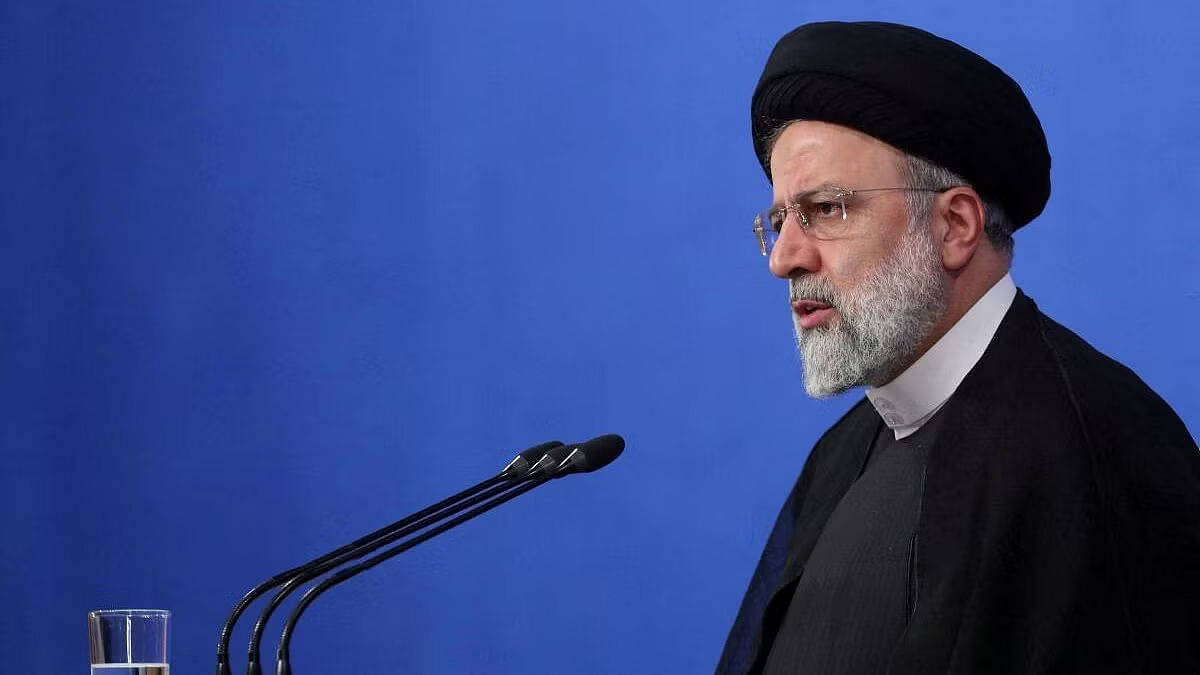
Ebrahim Raisi.
Credit: Reuters File Photo
Within a week of deadly pager blasts in Lebanon, targeting Hezbollah militants, Iranian member of parliament Ahmad Bakhshayesh Ardestani has claimed that the former Iranian President Ebrahim Raisi also used pager and it is a likely scenario that a blast in the device led his chopper to crash.
Ardestani, member of National Security Commission of Parliament told Iranian media outlet Didban Iran that Raisi used a pager, although the type of the pager he used might be different from the ones Hezbollah forces had.
"One likely scenario regarding the deadly helicopter crash that killed Iran’s President Ebrahim Raisi is the explosion of his pager," he told the publication.
Ardestani further went on to say that Iran has been involved in buying pagers for the Shi'ite Islamist militant group.
Asking for an investigation into the Lebanon pager blasts incident by Iran as well, he said, "(Iranian forces) certainly played a role in the purchase of Hezbollah’s pagers, and therefore, our own intelligence agencies must also investigate this matter." "The Israelis have infiltrated the layers of Hezbollah in Lebanon," he added.
A picture of outgoing Iraqi Parliament Speaker Mohammad al-Halboosi and Raisi went viral recently, in which a pager can also be seen kept on the table. This picture has raised suspicions of the former Iranian president using a pager.
Iranian President Ebrahim Raisi, a hardliner who was seen as a potential successor to Supreme Leader Ayatollah Ali Khamenei, died when his helicopter crashed on May 19 in a mountainous region near the Azerbaijan border.
The helicopter crash was primarily caused by weather conditions that included thick fog, Iran's state TV said earlier this month, citing the final investigation report on the incident.
Meanwhile, the death toll in the Lebanon pager blasts, widely believed to have been carried out by Israel, has risen to 39 with more than 3,000 injured. Israel has neither confirmed nor denied involvement. Booby-trapped pagers and walkie-talkies used by Hezbollah members had exploded in two waves of attacks on September 17 and 18.